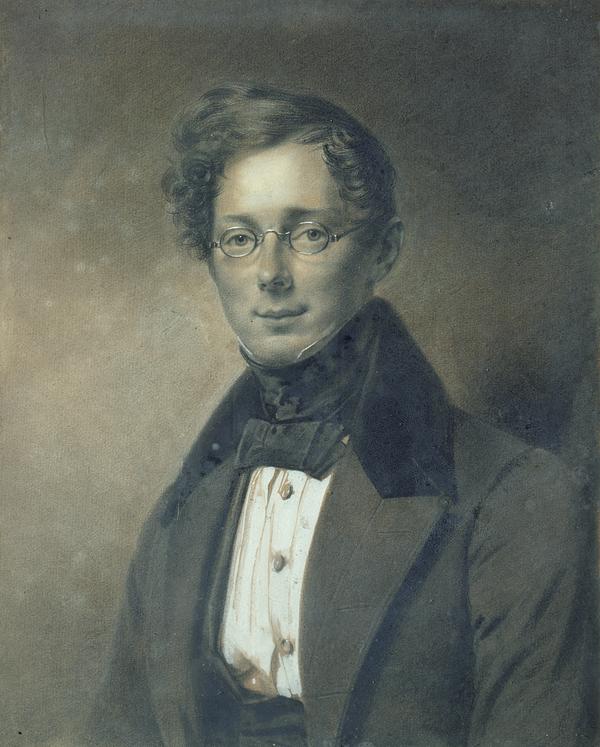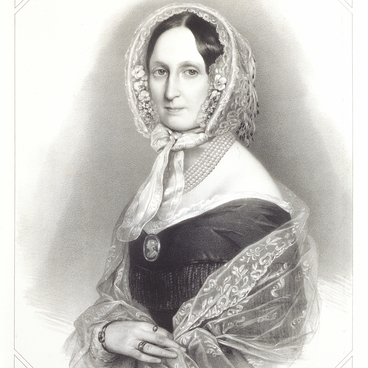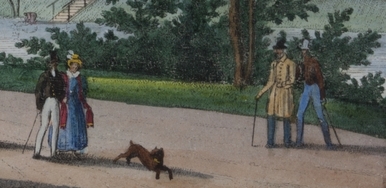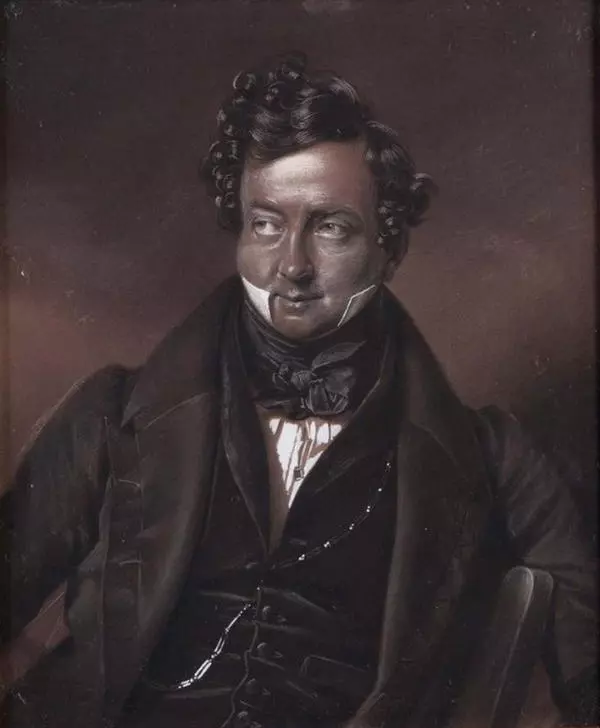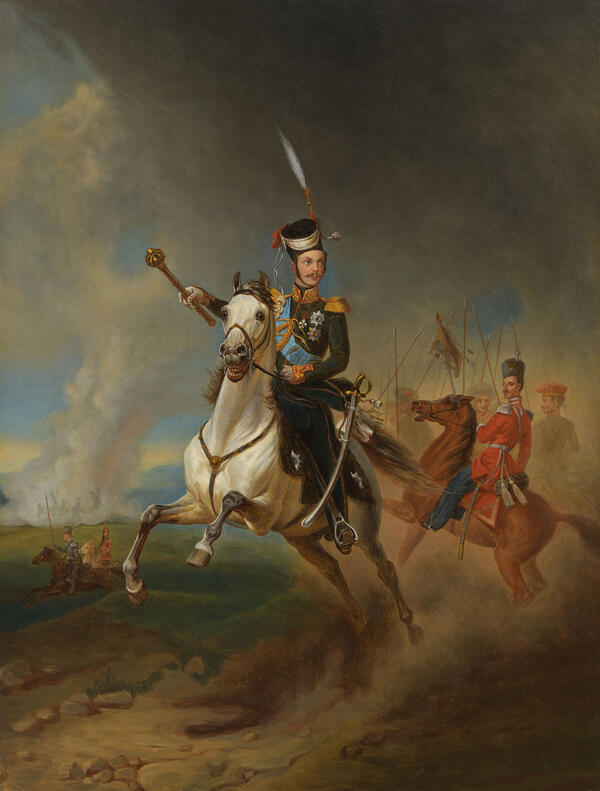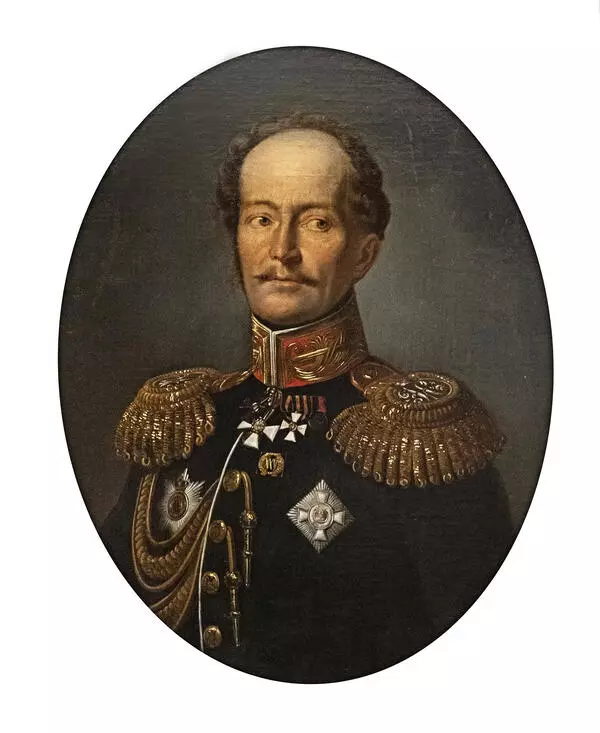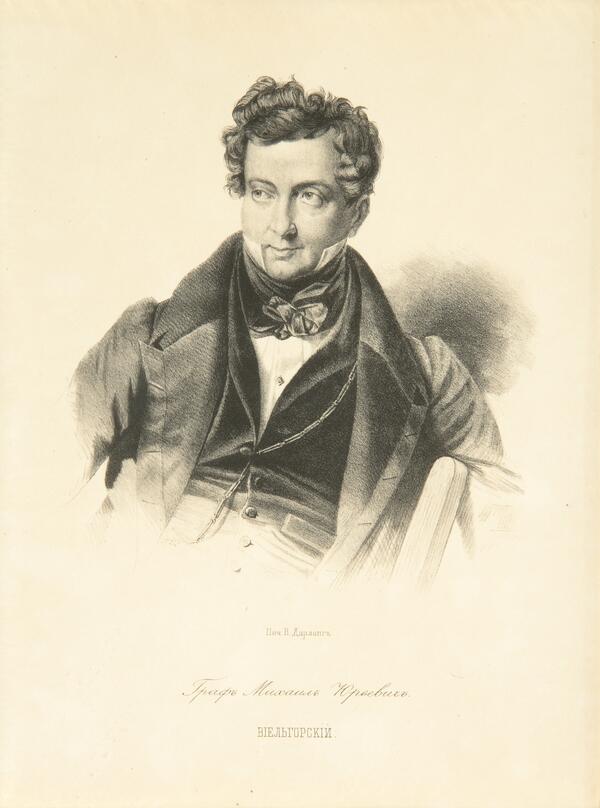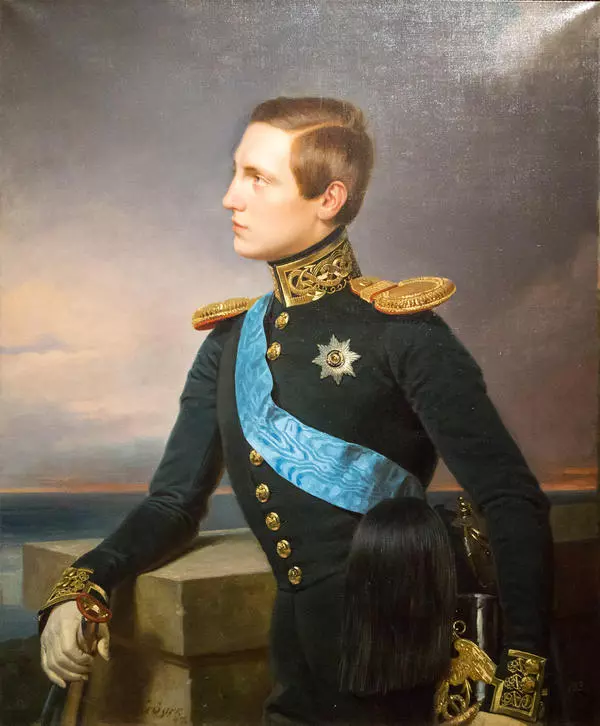The art collection of the State Pushkin Museum features a portrait of the Russian statesman and diplomat Nikolai Mikhailovich Smirnov. It was painted by the artist Franz Krüger.
Franz Krüger, a court painter to Frederick William III, arrived in St. Petersburg in 1832 on the invitation of Emperor Nicholas I to create a portrait of Emperor Alexander I for the Military Gallery at the Winter Palace. The emperor had appreciated Krüger’s work back in 1824 while he was in Berlin. As a student at the Berlin Academy, Krüger was highly skilled in drawing and had a great grasp of depicting military uniforms. A favorite of the Russian monarch, a court artist and the most sought-after portrait painter in St. Petersburg, Krüger had numerous commissions from members of the royal family and St. Petersburg aristocracy.
The exceptional productivity of the artist allowed him to complete two or even three artworks per day. During the ten months he spent in the capital in 1832 and 1833, Krüger created 230 oil portraits and portrait drawings. His chamber portraits, characterized by their sharpness, were always painted from life. They were made on color paper using pastel pencils and charcoal or black chalk, with the addition of whitewash. After finding his own unique style of drawing, Krüger remained faithful to it. Russian customers also sought Krüger’s services when he was in Berlin. There, in 1835, he painted the portrait of a young diplomat — Nikolai Smirnov.
Nikolai Mikhailovich Smirnov was a diplomat and later served as the governor of Kaluga and Saint Petersburg. He met Alexander Pushkin in 1828. In 1832, he married Alexandra Rosset, a socialite and a close friend of Pushkin’s. The poet served as best man at their wedding. In the autumn of 1834, Smirnov wrote “Notes” — a work dedicated to Vasily Andreyevich Zhukovsky, Natalia Kirillovna Zagryazhskaya, and Alexander Pushkin. He later updated them in 1842. Based on these notes, it appears that Nikolai Smirnov was among the few who recognized the significance of Pushkin during his lifetime as a person, poet, and thinker. The content of these “Notes” shows Smirnov as an intelligent, insightful, and sensitive man.

